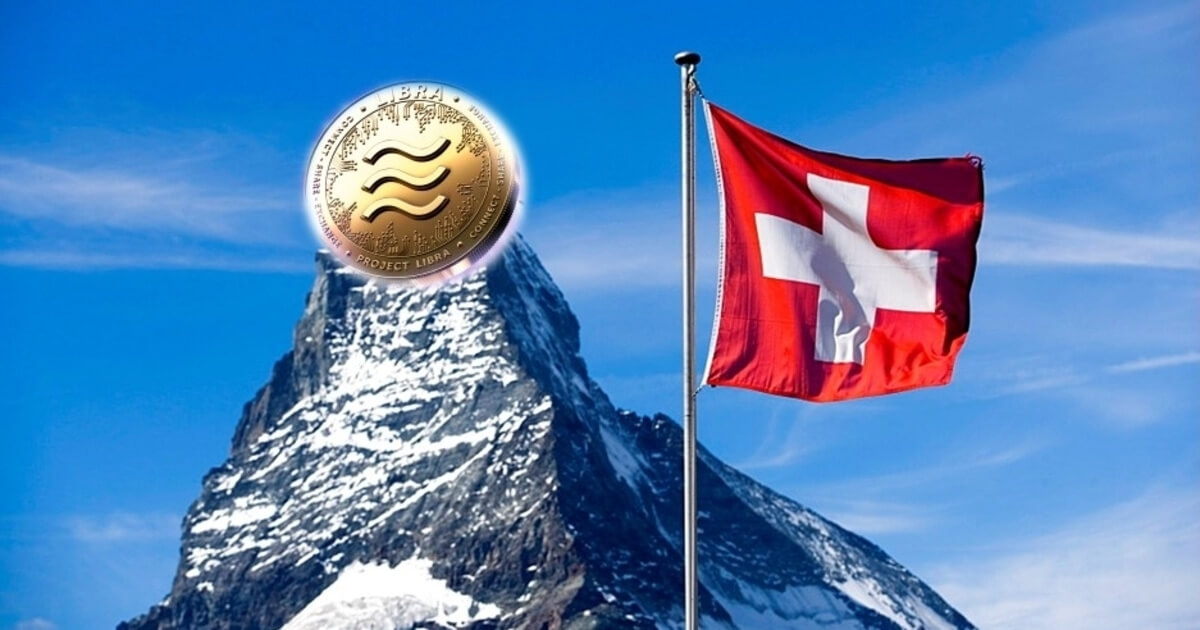Switzerland’s New Stablecoin Guidelines: 3 Things You Should Know
Sarah Tran Sep 11, 2019 12:00
The Swiss Financial Market Supervisory Authority (FINMA) issued new guidelines for stablecoins added as a supplement to its existing guidelines for initial coin offerings (ICOs) to outline how stablecoins are treated under the Swiss supervisory law.

The Swiss Financial Market Supervisory Authority (FINMA) issuednew guidelines for stablecoins added as a supplement to its existing guidelines for initial coin offerings (ICOs) to outline how stablecoins are treated under the Swiss supervisory law.
FINMA announced on Wednesday that stablecoins are classified under the existing approach of blockchain-based tokens. The regulatory framework for stablecoins may differ depending on their underlying assets that they are backed by, including currencies, commodities, real estate, and securities.
The outline focuses on the economic function and purpose of the token, with an emphasis on that the same risks and same rules apply. FINMA stated:
“The concrete design of ‘stable coins’ can vary greatly in legal, technical, functional, and economic terms. Therefore, no fully generic classification is possible. Money laundering, securities trading, banking, fund management, and financial infrastructure regulation can all be of relevance.”
FINMA’s approach to Libra
Regarding Facebook’s Libra, FINMA announced that the services provided by the Libra project would require a payment system license based on Switzerland’s Financial Market Infrastructure Act (FMIA).
“Due to the issuance of Libra payment tokens, the services planned by the Libra project would clearly go beyond those of a pure payment system and therefore be subject to such additional requirements.”
FINMA indicates that the Swiss payment system license would allow for a combination of banking and infrastructure regulatory provisions and that the conditions for Libra being granted a license would include:
“The returns and risks associated with the management of the reserve were borne entirely by the Libra Association and not — as in the case of a fund provider – by the ‘stable coin’ holders."
An internationally coordinated approach would be ideal for Libra to establish the requirements of its reserve management, governance, and AML system.
